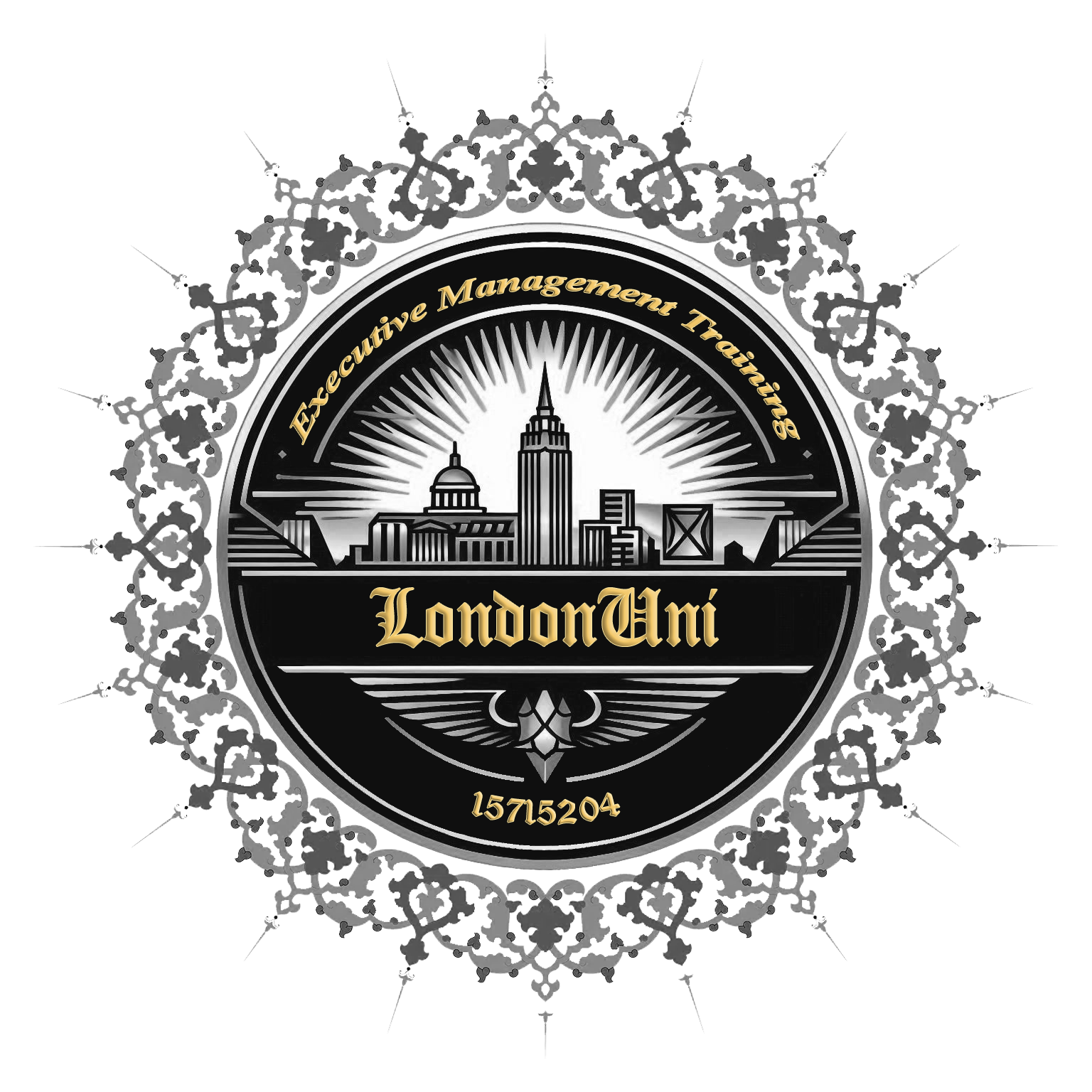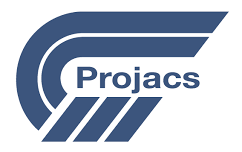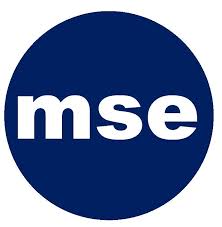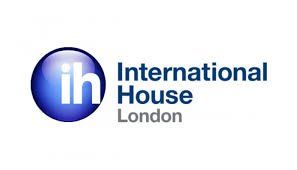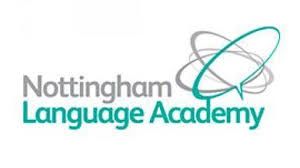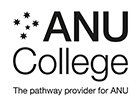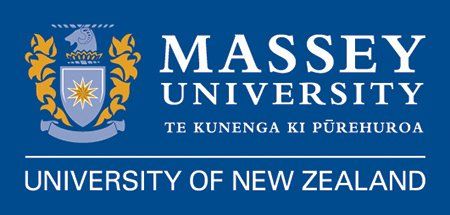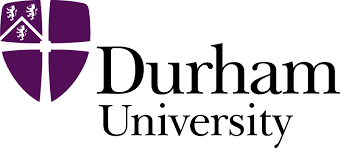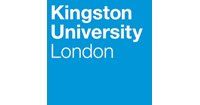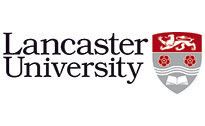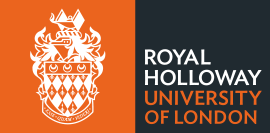
Facility Maintenance and Management Workshop
Course ID: 2510067101314EGI
Course Dates : 06/10/25 Course Duration : 5 Studying Day/s Course Location: Dubai, UAE
Language: Bilingual
Course Category: Professional and CPD Training Programs
Course Subcategories: Leadership and Management Excellence
Course Certified By: * Projacs Academy
* Professional Training and CPD Programs
Certification Will Be Issued From :
KSA
Course Fees: £2,927.31
Vat Not Included in the price. VAT may vary depending on the country where the course or workshop is held.
Click to Pay
Date has passed please contact us Sales@e-s-hub.com
Course Information
Introduction
Facility maintenance and management represent a cornerstone of organizational efficiency, ensuring that physical assets are optimized to support business operations. Whether in healthcare, manufacturing, education, or hospitality, the effective management of facilities directly impacts productivity, safety, and cost-effectiveness. For instance, consider the case of a hospital where improperly maintained HVAC systems led to increased energy costs and patient discomfort. This underscores the critical role facility managers play in aligning operational goals with resource optimization. As industries evolve and infrastructure becomes more complex, the demand for skilled professionals in this domain continues to grow.
The field is not without its challenges. Aging infrastructure, budget constraints, and evolving regulatory requirements often create gaps between current practices and optimal performance. Many organizations struggle with fragmented processes, outdated technologies, and insufficient training for staff. These inefficiencies can lead to costly breakdowns, compliance violations, and diminished workplace satisfaction. Drawing on established frameworks such as Total Productive Maintenance (TPM) and Lean Facility Management, this course addresses these pain points by equipping participants with actionable strategies to streamline operations and enhance asset lifecycle management.
From a broader perspective, mastering facility maintenance and management offers significant benefits. For individuals, it enhances career prospects by building expertise in an increasingly specialized area. For organizations, it translates into reduced downtime, improved sustainability, and enhanced stakeholder satisfaction. Consider how Amazon’s fulfillment centers leverage predictive maintenance and real-time monitoring to maintain seamless logistics—a practice that has contributed significantly to their competitive edge. Such success stories highlight the transformative potential of adopting best-in-class facility management practices.
Industry trends further emphasize the importance of this discipline. The rise of smart buildings, IoT-enabled devices, and data-driven decision-making has revolutionized traditional approaches. According to a report by the International Facility Management Association (IFMA), integrating technology into facility management reduces operational costs by up to 20%. However, harnessing these advancements requires a solid understanding of foundational principles alongside emerging tools and techniques. This workshop bridges the gap between theory and practice, empowering participants to navigate both conventional and cutting-edge methodologies.
Moreover, the human element remains integral to facility management. Effective leadership, communication, and collaboration are essential for fostering a culture of accountability and continuous improvement. A notable example is the transformation of a university campus where cross-departmental coordination led to a 30% reduction in energy consumption within two years. By addressing both technical and interpersonal aspects, this course ensures participants develop a holistic skill set applicable across diverse settings.
Ultimately, this workshop serves as a catalyst for professional growth and organizational excellence. It provides a platform for participants to engage with peers, share experiences, and learn from industry experts. By blending theoretical insights with practical exercises, the program fosters a deep understanding of facility maintenance and management, preparing participants to tackle real-world challenges confidently.
Objectives
By attending this course, participants will be able to:
Analyze the core principles of facility maintenance and their application in various organizational contexts.
Evaluate existing maintenance practices and identify opportunities for improvement using TPM and Lean methodologies.
Design comprehensive preventive and predictive maintenance plans tailored to specific facility needs.
Implement sustainable practices that align with environmental regulations and corporate social responsibility goals.
Apply advanced technologies such as IoT sensors and Building Information Modeling (BIM) to enhance facility operations.
Develop strategies for effective team leadership and stakeholder engagement in facility management projects.
Assess risk factors associated with facility operations and devise contingency plans to mitigate disruptions.
Who Should Attend?
This course is ideal for:
Facility managers seeking to upgrade their skills and stay abreast of industry trends.
Operations directors responsible for overseeing multiple sites or large-scale facilities.
Engineers involved in designing, constructing, or maintaining infrastructure.
Sustainability officers aiming to integrate green practices into facility operations.
Project managers tasked with coordinating facility upgrades or expansions.
These groups will find the course invaluable due to its focus on practical solutions and strategic insights. While prior experience in facility management is beneficial, the course is designed to accommodate beginners and intermediate learners alike, providing foundational knowledge before progressing to advanced topics.
Training Method
• Pre-assessment
• Live group instruction
• Use of real-world examples, case studies and exercises
• Interactive participation and discussion
• Power point presentation, LCD and flip chart
• Group activities and tests
• Each participant receives a 7” Tablet containing a copy of the presentation, slides and handouts
• Post-assessment
Program Support
This program is supported by:
* Interactive discussions
* Role-play
* Case studies and highlight the techniques available to the participants.
Daily Agenda
The course agenda will be as follows:
• Technical Session 08.30-10.00 am
• Coffee Break 10.00-10.15 am
• Technical Session 10.15-12.15 noon
• Coffee Break 12.15-12.45 pm
• Technical Session 12.45-02.30 pm
• Course Ends 02.30 pm
Course Outlines
Foundations of Facility Maintenance and Management
Introduction to facility management principles and frameworks.
Understanding the role of facility managers in achieving organizational goals.
Overview of regulatory compliance and safety standards.
Case study: Lessons learned from high-profile facility failures.
Day 2:
Preventive and Predictive Maintenance Strategies
Fundamentals of preventive maintenance planning.
Introduction to predictive maintenance tools and techniques.
Data collection and analysis for informed decision-making.
Practical exercise: Developing a maintenance schedule.
Day 3:
Sustainable Practices and Green Technologies
Importance of sustainability in modern facility management.
Integrating renewable energy sources into facility operations.
Waste reduction and recycling initiatives.
Group discussion: Overcoming barriers to sustainability adoption.
Day 4:
Leveraging Technology for Enhanced Operations
Role of IoT and smart systems in facility management.
Applications of Building Information Modeling (BIM).
Cybersecurity considerations for connected facilities.
Hands-on session: Using software tools for facility tracking.
Day 5:
Leadership, Risk Management, and Future Trends
Building effective teams and fostering collaboration.
Identifying and mitigating risks in facility operations.
Emerging trends shaping the future of facility management.
Final project presentation and feedback session.






